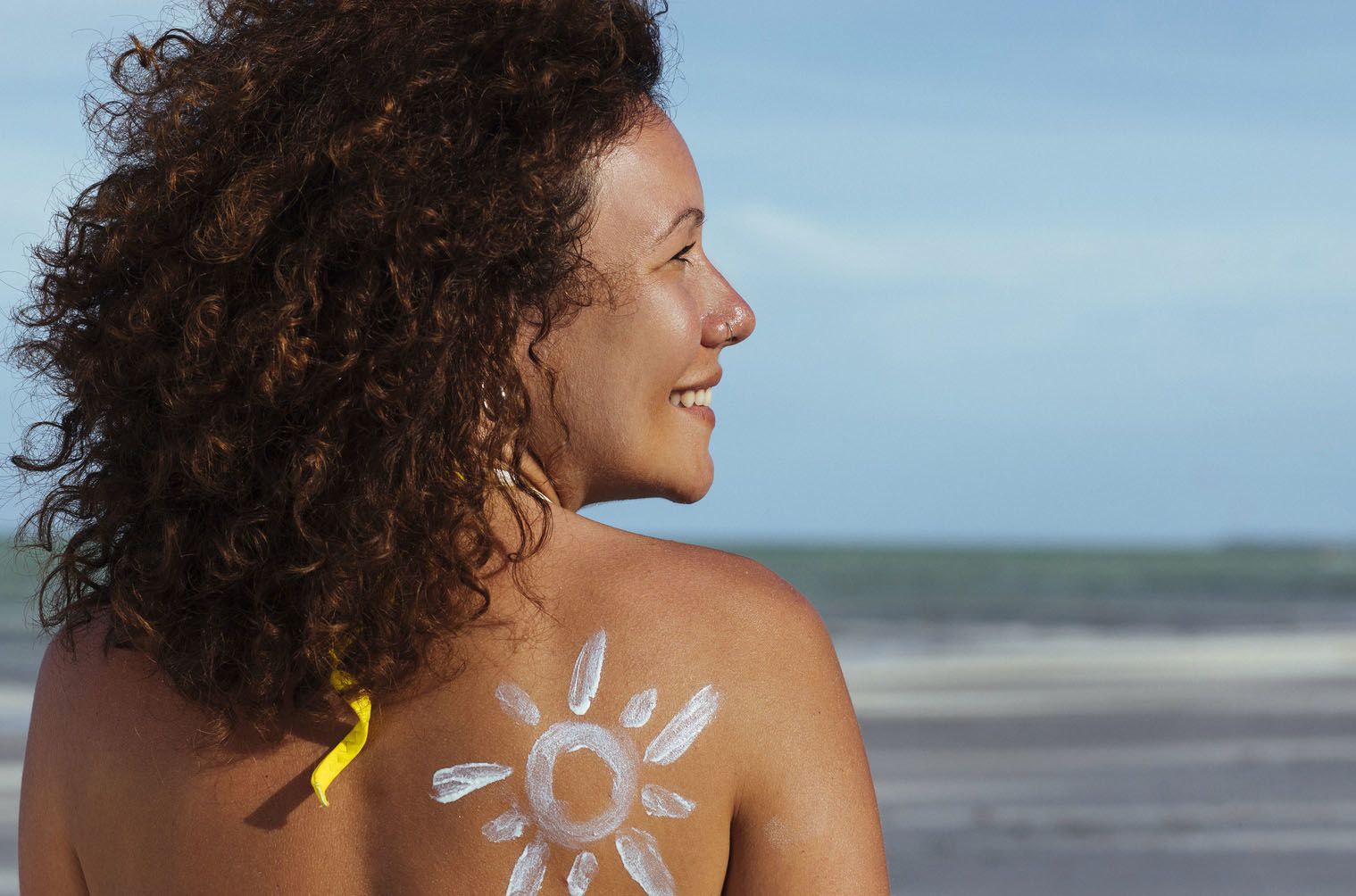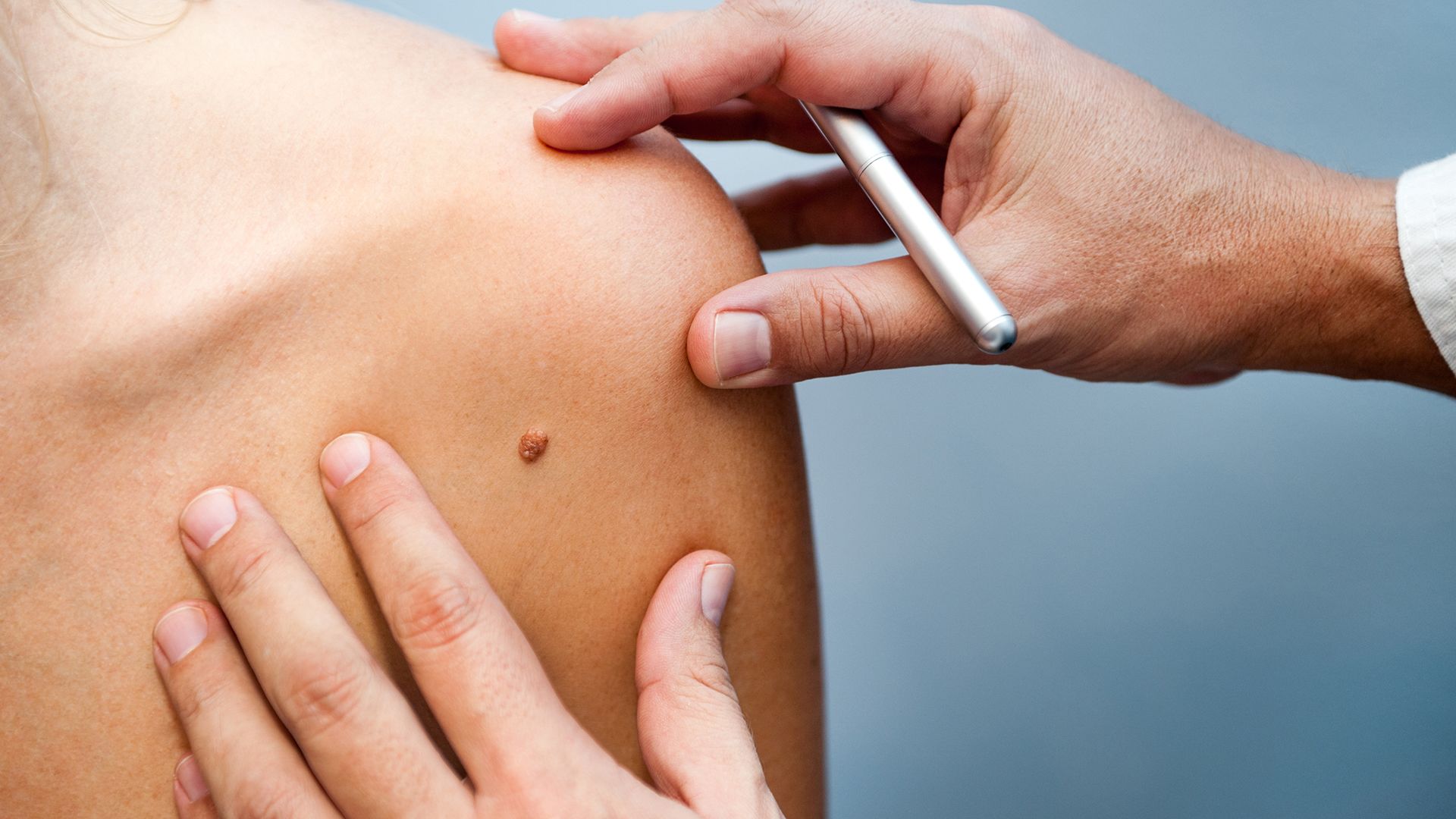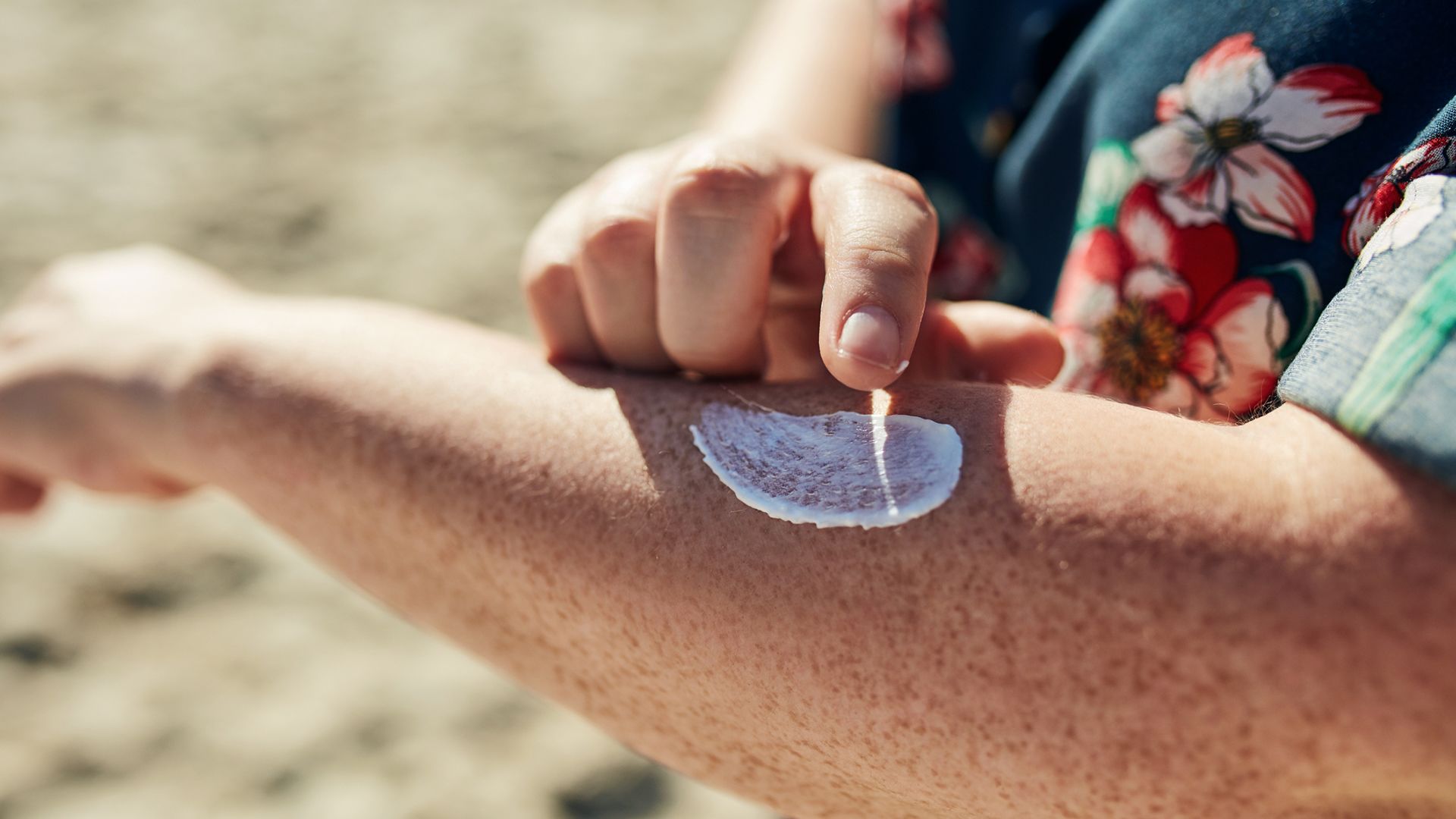Updated on April 24, 2023
Did you know that your skin is considered an organ? In fact, it’s the largest organ in your body. Because it plays a major role in protecting your body from harm, it’s exposed every day to things that can damage it, including UV light and infections. It stands to reason, therefore, that skin cancer is the most common type of cancer.
There are two main types of skin cancer: nonmelanoma skin cancer and melanoma skin cancer. Nonmelanoma skin cancer is the most common form of skin cancer, and it’s divided into squamous cell carcinoma (SCC) and basal cell carcinoma (BCC). About 3 million people are diagnosed with nonmelanoma skin cancer each year, and most of these people are cured of their cancer.
The other form of skin cancer is called melanoma. It’s much less common than SCC and BCC. But melanoma is also the most dangerous form of skin cancer. It’s harder to cure and it’s the most likely to spread to other areas of your body. The National Cancer Institute estimates that melanoma is the fifth most common cancer in the United States in 2023. It’s more common in older males with fair skin, as well as people who have used tanning beds or have spent a lot of time outdoors in the sun.
Holly McCoppin, MD, is a dermatologist with College Park Specialty Center in Overland Park, Kansas. She shares the latest on skin cancer trends and research—and the one thing she wishes her patients knew about their own skin cancer risk.
To what do you attribute the steady rise in skin cancer rates?
Dr. McCoppin: I think there are probably several factors. One of those is lifestyle. If you think about your grandparents or parents, many of them probably worked outside in long-sleeved shirts and wide-brimmed hats. That’s changed a lot. People are still outdoors a lot, but they’re really uncovered in the sun. The second part is tanning bed use, which has exponentially increased. Now tanned skin is considered to be a healthy, attractive feature, and it’s driving people to the sun and to indoor tanning beds.
What kind of progress have you seen in skin cancer research in recent years?
McCoppin: Some of the biggest strides are being made in the medical treatment of melanoma, like making more targeted therapies available. Traditional chemotherapy attacks all metabolically active cells that turn over really fast. That includes not only cancer cells, but also hair follicles and cells in the gut, which is why patients lose their hair during treatment and experience nausea. With therapies that are more targeted to specific genetic mutations or specific characteristics of the tumor, we’re seeing higher survival rates in advanced metastatic melanoma. And that’s really exciting.
Do we know anything new about the potential causes of skin cancer?
McCoppin: Researchers are finding new genetic mutations or inheritable gene mutations that can be linked with melanoma and other cancers as well. Melanoma is probably the most genetically linked and the most studied in terms of genetics. Basal cell carcinoma (BCC) can be genetically linked, too. Fair-skinned people with blond or red hair and blue eyes—all inherited features—are going to be more susceptible to BCC and melanoma. But it’s still more common for BCC to be acquired over time.
Is the way skin cancer is diagnosed any different now than it was five or 10 years ago?
McCoppin: Not really. The gold standard is still seeing a dermatologist for a skin exam to screen for skin cancer. If an area of your skin looks abnormal, the next step is usually to do a skin biopsy. A pathologist will then look at the biopsy using a microscope to check for cancer cells. Some programs are looking at trying to evaluate moles with a computer and taking a deeper image that would rate a patient’s risk without a biopsy.
What do you tell your patients about daily skin cancer prevention?
McCoppin: Seek shade when you’re outdoors. Use protective clothing and wide-brimmed hats. And apply a broad-spectrum sunscreen with an SPF of 30 or higher on all exposed skin, every day, even when it’s cloudy. When you’re doing outdoor activities, re-apply sunscreen every two hours.
What’s one thing you wish people knew about skin cancer?
McCoppin: Skin cancer is not always about a really bad sunburn. For BCC and SCC, it’s about cumulative sun exposure. It’s every hour that you’re exposed to UV rays: walking to the mailbox, driving in your car, taking your dog for a walk. And the difference between going out one day for 10 hours and being out one hour a day for 10 days isn’t hugely significant in terms of skin cancer risk. People are shocked sometimes when they start to develop skin cancers if they haven’t had a history of bad burns.
And what’s the one thing you wish people would do to lower their risk?
McCoppin: I wish they would wear sunscreen and protective clothing regularly. My patients are always coming back tanned from some vacation and making excuses like, “It’s hard not to get sunburned in Florida.” It is hard to avoid getting too much sun. And it does take a lot of effort. But in the end, it’s worth it.






